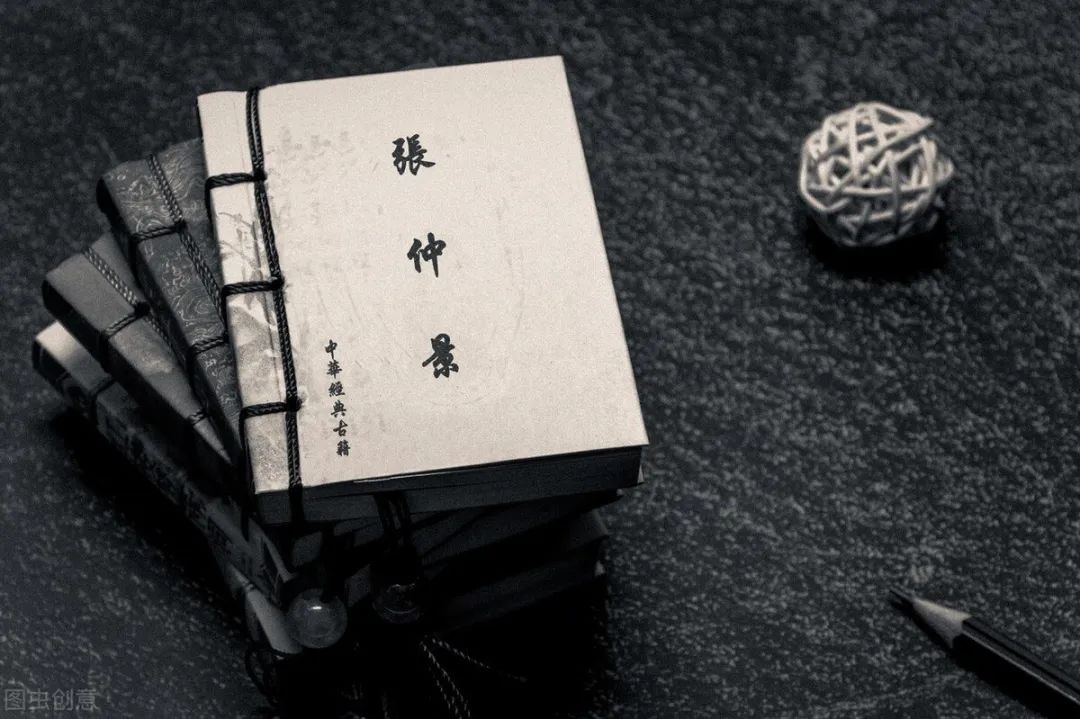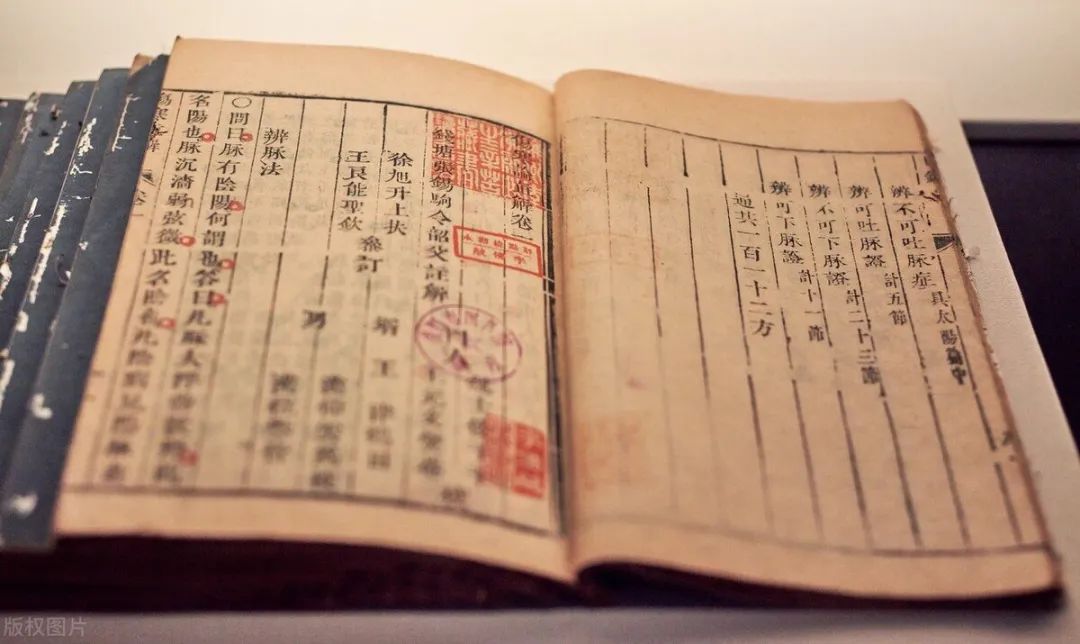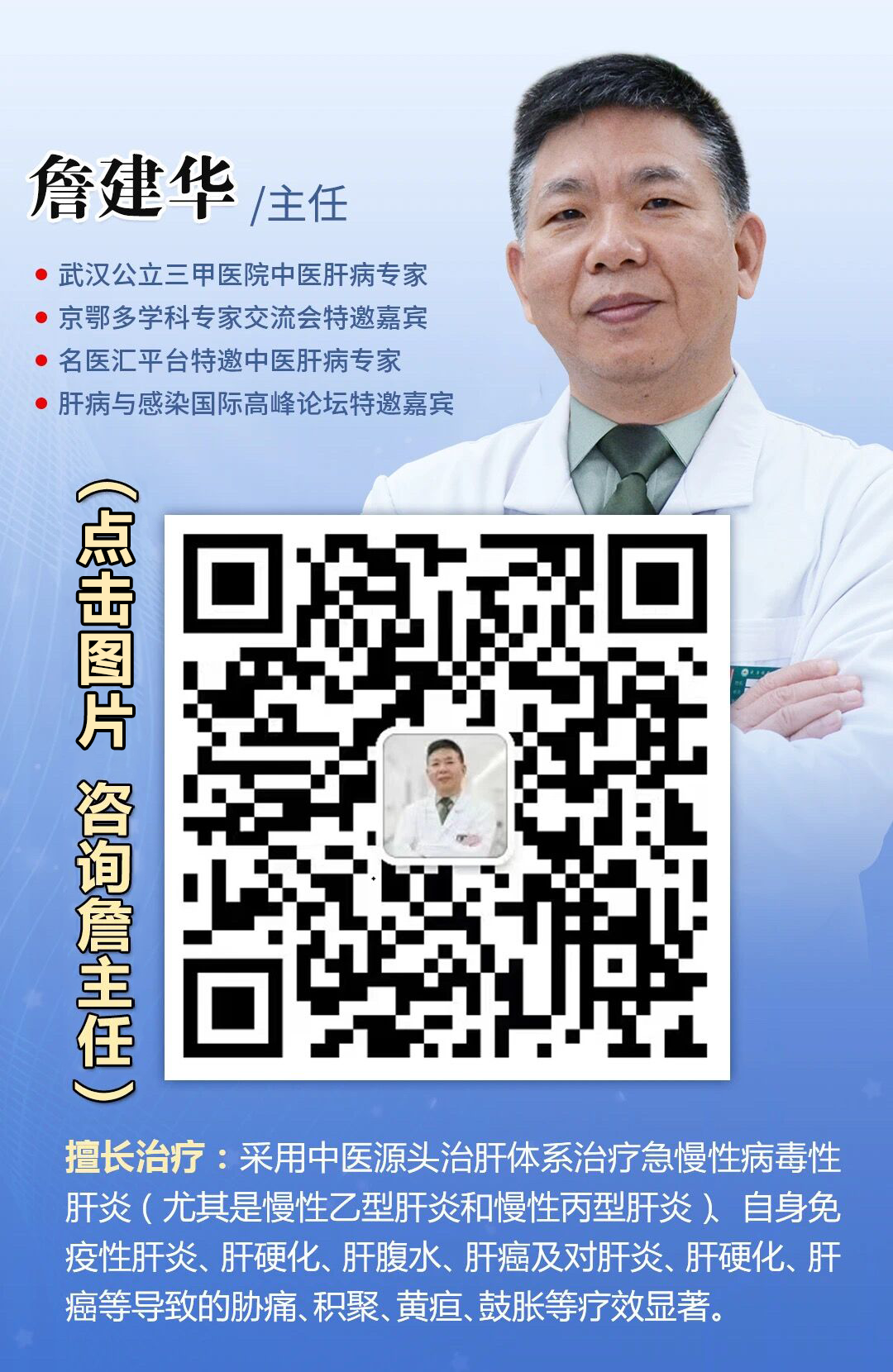
The Liver is Related to Emotions and Thoughts
As stated in the Neijing: “The liver is the official of the general, from which strategies emerge.”
When liver Qi is not smooth, it leads to stagnation of Qi and blood.
Traditional Chinese Medicine (TCM) believes that the liver is responsible for the smooth flow of Qi, which means to regulate and discharge. If the liver’s function is disordered, Qi cannot be properly guided.
Conversely, if one is often angry, the body’s Qi cannot rise, descend, enter, or exit normally, and the liver’s regulatory function becomes suppressed, leading to health issues.
Everyone can self-check to see if they have the following symptoms; if so, it may indicate liver Qi stagnation, which requires attention.
Manifestations of Liver Qi StagnationHead Symptoms
Insomnia with vivid dreams: In my view, insomnia mainly has two causes: one is blood deficiency, and the other is liver Qi stagnation. Vivid dreams are also a manifestation of liver Qi stagnation; such individuals tend to dream continuously upon falling asleep.
Dizziness: Some women frequently experience dizziness; some feel dizzy all day, while others have sudden bouts of dizziness, and some may even experience headaches.
Emotional Symptoms
Suppressed anger: Individuals with liver Qi stagnation often feel irritable, easily angered, and prone to holding in their anger.
Low mood: Patients with liver Qi stagnation may find themselves feeling very low when alone, even wanting to cry. This is because liver Qi stagnation can easily affect emotions, and if it persists, it can lead to an inability to regulate one’s emotional state.
Spleen and Stomach Symptoms
Poor appetite: Liver Qi stagnation can lead to various spleen and stomach issues, such as lack of appetite, bloating, and stomach pain.
Throat Symptoms
Dry mouth and bitter taste: A sensation of a foreign body in the throat that cannot be coughed out.
Nausea: Liver Qi stagnation can cause stomach Qi to rebel, leading to a feeling of pressure in the stomach, belching, acid reflux, or even vomiting.
Sensation of blockage in the throat: A persistent feeling of something stuck in the throat, like a bayberry seed, which cannot be expelled or swallowed; this is referred to as “plum pit Qi.”
Dry throat: A feeling of dryness in the mouth and throat, as if there is no fluid, but upon examining the tongue, one can see it is covered with saliva.
Other Symptoms
Cold hands and feet: Many people know that cold extremities can be due to Yang deficiency, blood deficiency, or blood stasis, but few understand that liver Qi stagnation can also cause cold hands and feet. If cold extremities are present along with the aforementioned symptoms, consider the possibility of liver Qi stagnation.
Chest tightness: Symptoms of chest tightness and shortness of breath are also common, as patients with liver Qi stagnation may experience varying degrees of chest tightness and shortness of breath due to changes in liver function, often exacerbated by emotional fluctuations.
Rib pain: Pain and distension in the ribs is a typical manifestation when the liver is affected. Regardless of the type of liver change, it can lead to varying degrees of chest and rib pain. For patients with liver Qi stagnation, in addition to rib pain, there may also be localized stabbing pain.
Constitution with nodules:
Constitution with nodules is largely due to liver Qi stagnation; therefore, if the body develops multiple nodules, it is essential to pay attention.

Master Zhang Zhongjing has a classic formula, which is a fundamental core formula called Si Ni San (Four Reverse Powder), which regulates Qi and opens the channels.
It is indicated for Yang deficiency with reversed Qi, manifested as cold hands and feet, abdominal pain, or a heavy sensation in the lower abdomen and anus during defecation, with a wiry pulse; and for liver and spleen Qi stagnation, manifested as rib distension, abdominal pain, with a wiry pulse. Those with cold hands and feet can take this formula to dispel pathogens, relieve stagnation, and regulate the liver and spleen.

As stated in Shang Han Lun (Treatise on Cold Damage), section 318: “In Shaoyin disease, if there is Four Reversal, the person may cough, have palpitations, have difficulty urinating, have abdominal pain, or experience heavy diarrhea; Si Ni San is indicated.”
The four medicinal ingredients in this formula are ingeniously combined, aligning with the principles of “rising and descending.” Among them, some herbs promote rising, some promote descending, some gather, and some disperse, with rising and descending complementing each other, regulating the pivot to treat various “Qi mechanism disorders.”
Thus, physicians throughout history have deemed it capable of regulating the liver and spleen.
Research shows that Si Ni San has antidepressant, anti-inflammatory, sleep-improving, microcirculation-enhancing, gastrointestinal-regulating, liver-protecting, and antispasmodic effects. Clinically, it is often used to treat various diseases such as depression, anxiety, insomnia, dysmenorrhea, liver fibrosis, and ulcerative colitis, with confirmed efficacy.
From this, we can see that Si Ni San is indeed widely applied in clinical practice.

In the medical community, there is a saying: “Mastering Si Ni San makes diagnosing and treating patients easy.”

In practice, we generally do not use Si Ni San alone, but rather adjust it according to the patient’s symptoms. By modifying Si Ni San, the treatment direction and focus also change. Clinically, it is often used to treat various diseases such as depression, anxiety, insomnia, dysmenorrhea, liver fibrosis, and ulcerative colitis, with confirmed efficacy.
Of course, the manifestations of liver Qi stagnation are quite varied; here, only a few are listed. If you have any of the above symptoms, you may refer to this, but TCM emphasizes syndrome differentiation and treatment; do not self-medicate.
This concludes today’s content. Did you learn something? Please like and save, and feel free to share with friends who may need it.
【Special Reminder】: If you are troubled by liver and gallbladder diseases such as hepatitis B, fatty liver, alcoholic liver, cirrhosis, autoimmune liver disease, or liver cancer, or if you do not understand your test report, you can click the image below or scan the QR code to leave your contact information and test report. We will contact you within 24 hours for detailed communication.


